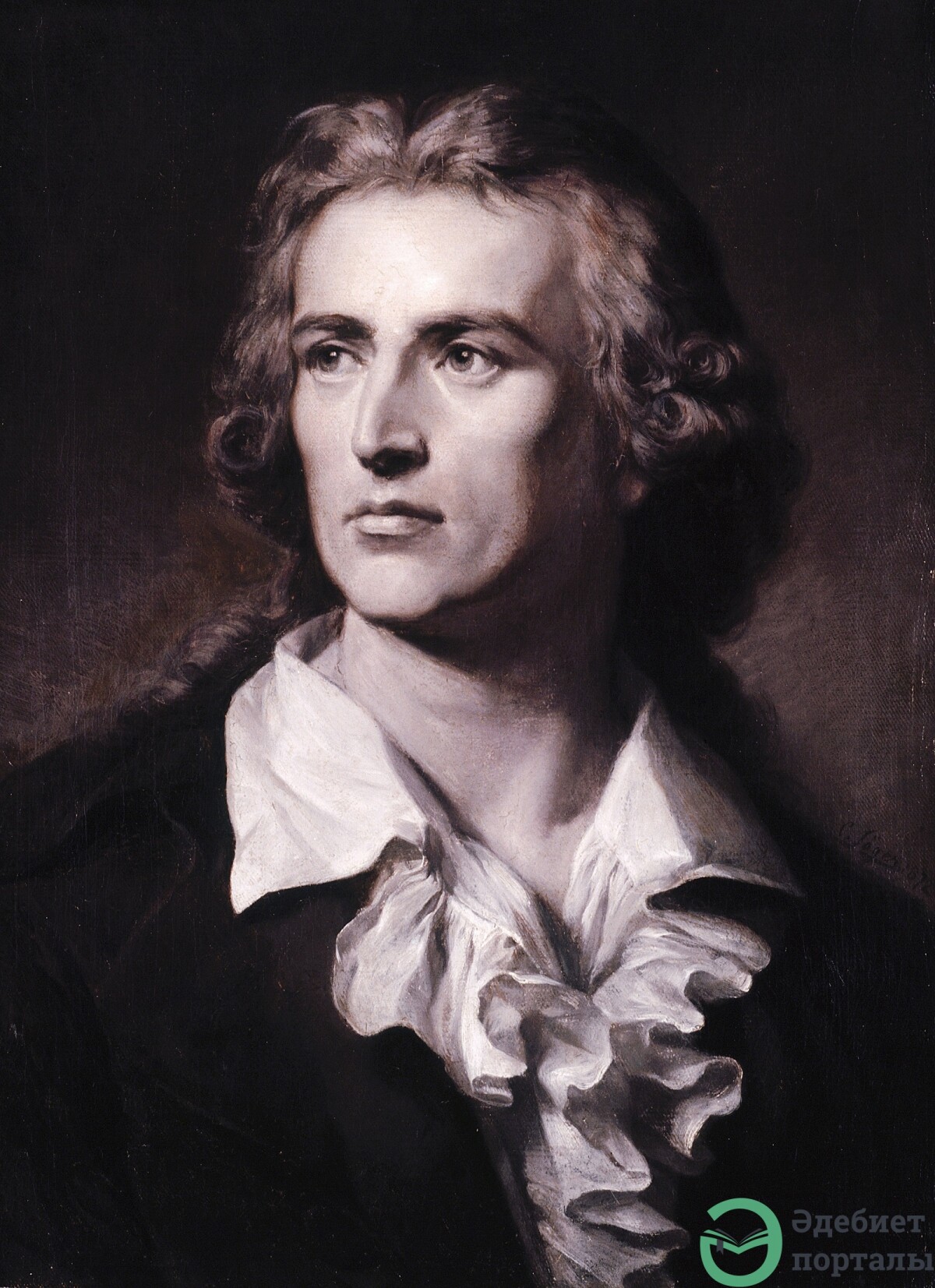Friedrich Schiller
Friedrich Schiller was a leading German dramatist, poet, literary theorist, philosopher, physician, historian, and playwright (in full Johann Christoph Friedrich von Schiller), best remembered for such dramas as Die Räuber (1781; The Robbers), the Wallenstein trilogy (1800–1801), Maria Stuart (1801), and Wilhelm Tell (1804). He was born on 10 November, 1759 in Marbach, Württemberg, Germany.
During the last seventeen years of his life (1788–1805), Schiller struck up a productive, if complicated, friendship with the already famous and influential Johann Wolfgang von Goethe. They frequently discussed issues concerning aesthetics, and Schiller encouraged Goethe to finish works he left as sketches. This relationship and these discussions led to a period now referred to as Weimar Classicism. They also worked together on Xenien, a collection of short satirical poems in which both Schiller and Goethe challenge opponents to their philosophical vision. F. Schiller died on 9 May, 1805 in Weimar, Saxe-Weimar.
Plays:
- Die Räuber (The Robbers), 1781
- Fiesco (Die Verschwörung des Fiesco zu Genua), 1783
- Kabale und Liebe (Intrigue and Love), 1784
- Don Karlos, Infant von Spanien (Don Carlos), 1787
- Wallenstein, 1800
- Maria Stuart (Mary Stuart), 1800
- Die Jungfrau von Orleans (The Maid of Orleans), 1801
- Turandot, Prinzessin von China, 1801
- Die Braut von Messina (The Bride of Messina), 1803
- Wilhelm Tell (William Tell), 1804
- Demetrius (unfinished at his death)
Histories:
- Geschichte des Abfalls der vereinigten Niederlande von der spanischen Regierung or The Revolt of the Netherlands
- Geschichte des dreißigjährigen Kriegs or A History of the Thirty Years' War
- Über Völkerwanderung, Kreuzzüge und Mittelalter or On the Barbarian Invasions, Crusaders and Middle Ages
Translations:
- Euripides, Iphigenia in Aulis
- William Shakespeare, Macbeth
- Jean Racine, Phèdre
- Carlo Gozzi, Turandot, 1801
Prose:
- Der Geisterseher or The Ghost-Seer (unfinished novel) (started in 1786 and published periodically. Published as book in 1789)
- Über die ästhetische Erziehung des Menschen in einer Reihe von Briefen (On the Aesthetic Education of Man in a Series of Letters), 1794
- Der Verbrecher aus verlorener Ehre (Dishonoured Irreclaimable), 1786
Poems:
- An die Freude (Ode to Joy) (1785) became the basis for the fourth movement of Beethoven's ninth symphony
- Der Taucher (The Diver; set to music by Schubert)
- Die Kraniche des Ibykus (The Cranes of Ibykus)
- Der Ring des Polykrates (Polycrates' Ring)
- Die Bürgschaft (The Hostage; set to music by Schubert)
- Das Lied von der Glocke (Song of the Bell)
- Das verschleierte Bild zu Sais (The Veiled Statue at Sais)
- Der Handschuh (The Glove)
- Nänie (set to music by Brahms).
Share:









